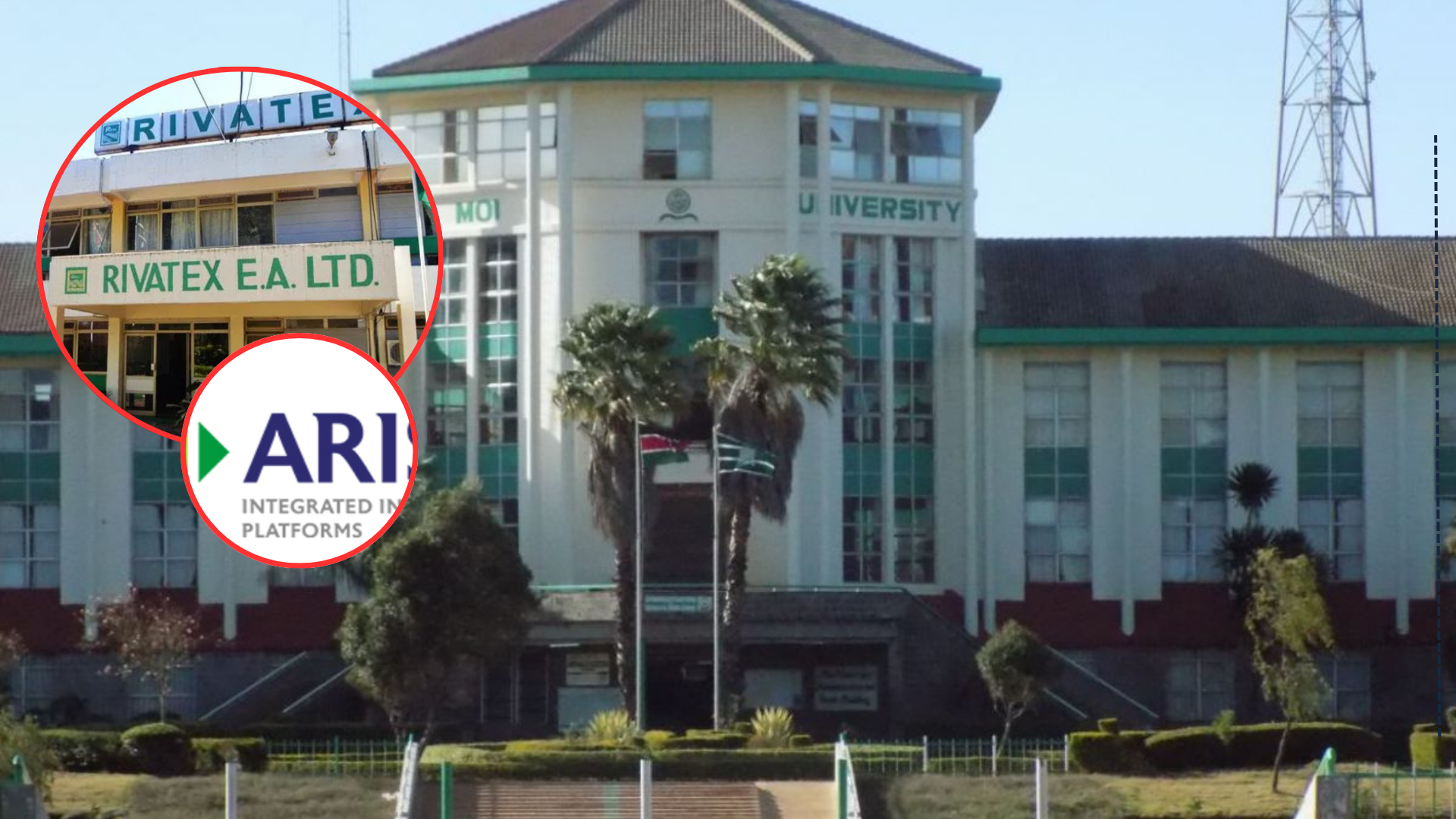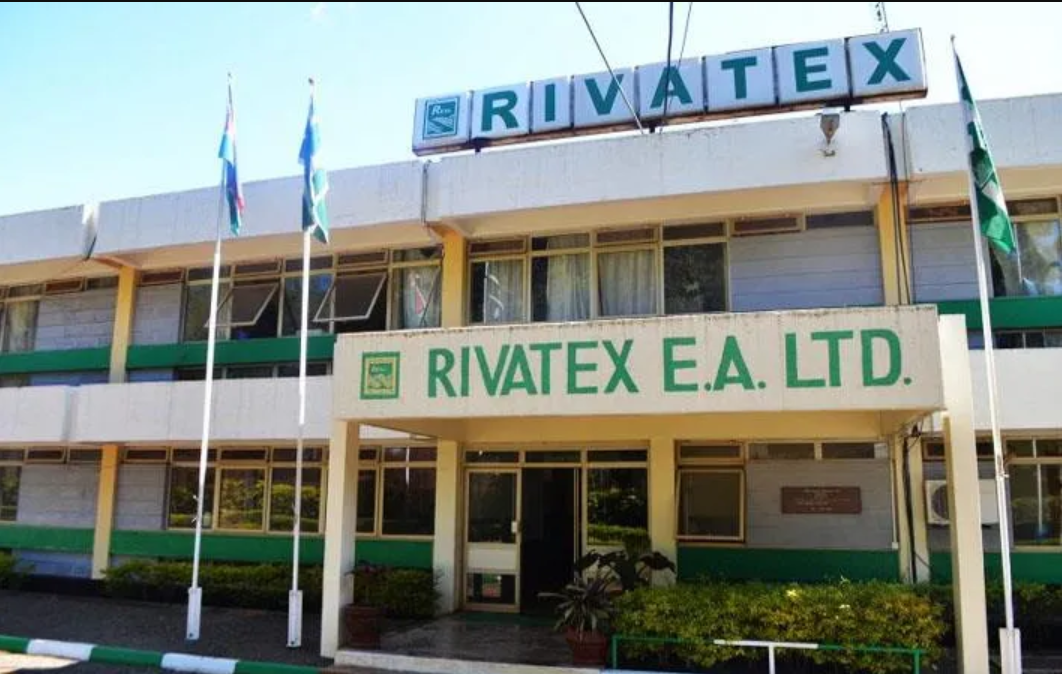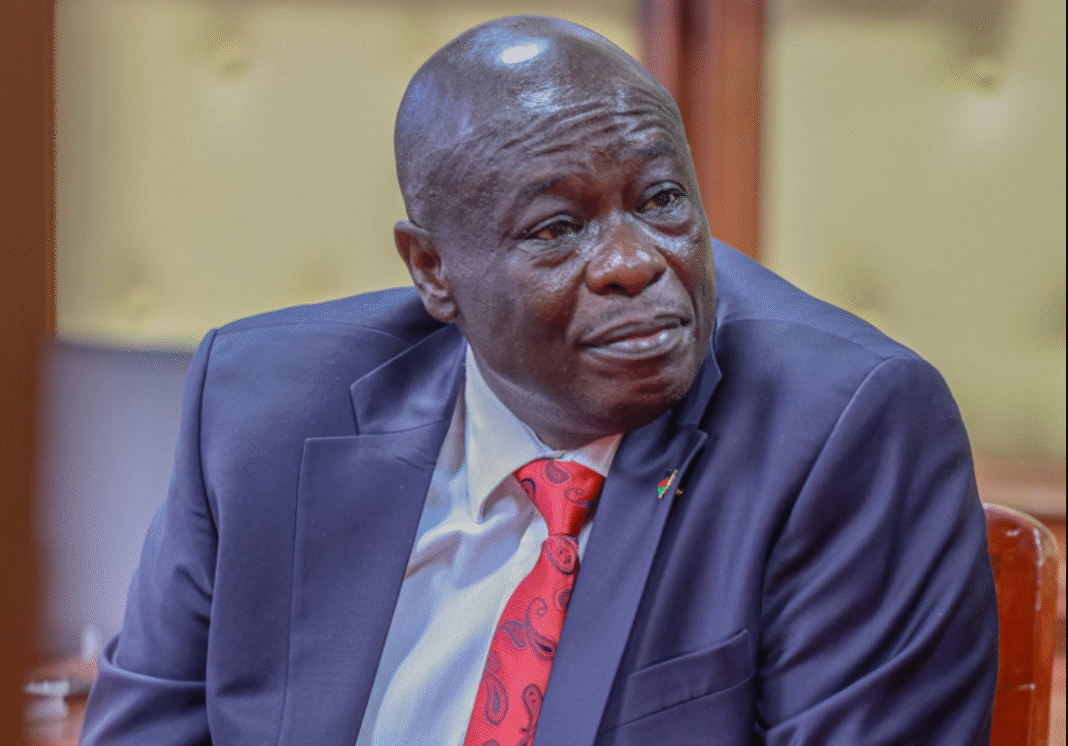The government has leased the Moi University-owned textile company RIVATEX East Africa to a foreign investor following years of losses and operational breakdowns. The deal, handed to Arise Integrated Industrial Platforms (ARISE IIP), marks a major shift in Kenya’s industrial policy aimed at salvaging one of the country’s most iconic textile manufacturers.
RIVATEX had become a financial burden despite receiving over Ksh7 billion in state funding during the previous administration. Officials say the decision was necessary to prevent total collapse and secure hundreds of jobs in the struggling textile sector.
Trade and Industry Public Services Principal Secretary Juma Mukhwana said during the lease signing in Eldoret that the government had settled pending employee salaries and cleared existing liabilities to allow a smooth transition. “We are confident this move will revive RIVATEX and protect livelihoods,” he said.

Foreign Investor Rescues Collapsing RIVATEX East Africa After Years of Mismanagement and Heavy Losses
RIVATEX East Africa, once a proud symbol of Kenya’s textile revival dream, has struggled for decades under poor management, outdated machinery, and massive debts. According to Auditor General Nancy Gachungu’s latest report, the company had accumulated losses of Ksh3.04 billion, with debts surpassing Ksh140.92 million.
The audit revealed that the company owed suppliers Ksh56.88 million, retention money totaling Ksh67.29 million, and accrued expenses amounting to Ksh2.13 million. Financial experts warned that these figures exposed deep structural inefficiencies and weak oversight at the state-owned firm.
Gachungu’s report bluntly stated that RIVATEX’s continued survival “may depend on goodwill and support from the government, bankers, and creditors.”
Moi University had acquired RIVATEX in 2007, a decade after its original closure due to mismanagement. The institution aimed to transform it into a center for research, training, and textile production. Despite these ambitions, the plant never regained its footing and continuously drained public resources.
Government Clears Liabilities and Hands Control to ARISE
In a bid to revive the factory, the Kenyan government transferred operations to ARISE IIP, a multinational industrial developer known for managing manufacturing hubs across Africa. Under the new arrangement, ARISE will initially employ 118 workers, with the promise of expanding its workforce as production ramps up.
Principal Secretary Mukhwana expressed optimism that the partnership would attract fresh investment and modernize the textile facility. “We are giving RIVATEX a new lease of life under professional management that understands global textile markets,” he remarked.
He emphasized that all pending salaries had been cleared, ensuring that former employees were not left in limbo during the transition. Industry observers say the move mirrors similar reforms across state corporations where strategic investors are being invited to revive struggling public enterprises.
Hope for Revival and Industrial Renewal
The takeover has sparked cautious optimism in Eldoret and beyond. Many locals view the partnership as a fresh start for a company once celebrated for producing high-quality cotton fabrics. ARISE IIP’s entry is expected to inject new technology, efficient management, and access to regional and global markets.
However, analysts warn that the revival will depend on consistent government support, raw material availability, and energy stability—factors that have crippled many Kenyan textile firms in the past.
Still, the government insists that the deal will transform RIVATEX East Africa into a competitive regional textile powerhouse. Officials argue that ARISE’s track record in industrial development, including projects in Gabon, Benin, and Togo, gives hope that the Kenyan plant can finally achieve profitability.
For now, RIVATEX’s fate rests in the hands of a foreign investor determined to turn years of losses into a story of industrial rebirth. If successful, the revival could reignite Kenya’s long-stalled ambition to dominate the regional textile market—and prove that public-private partnerships remain a viable path for rescuing state-owned enterprises from collapse.


